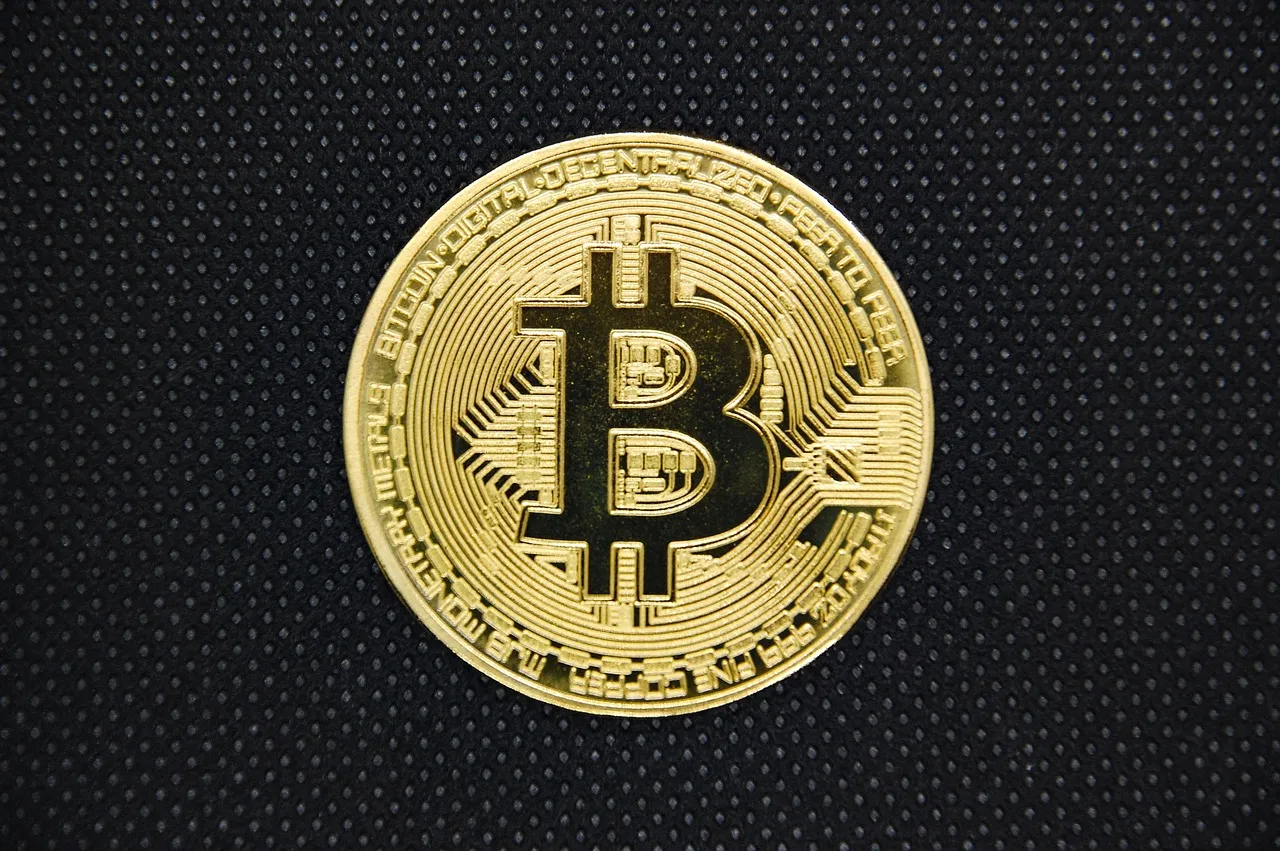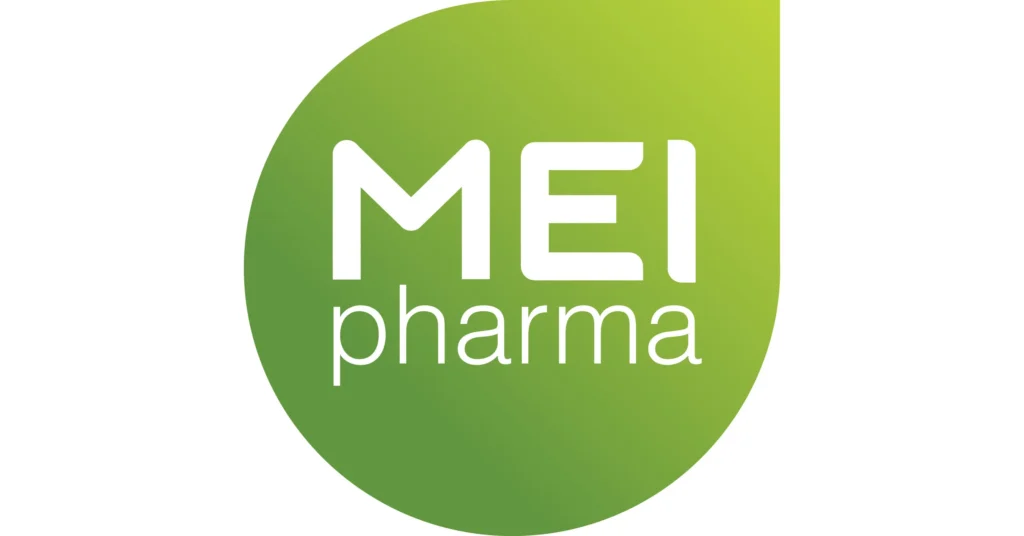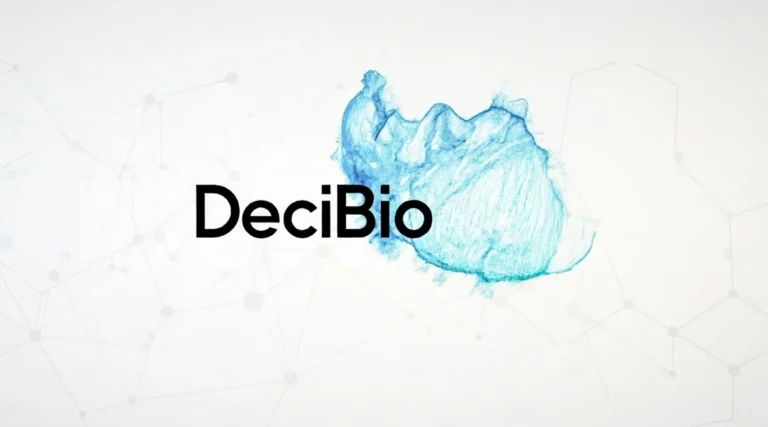
MEI Pharma Makes Historic Move with $100 Million Private Placement to Launch Litecoin-Based Treasury Strategy, Appoints Charlie Lee to Board
In a bold and unprecedented move that bridges the worlds of biotechnology and cryptocurrency, MEI Pharma, Inc. (Nasdaq: MEIP) has announced a transformative $100 million private placement to fuel a new treasury reserve strategy centered around Litecoin (LTC). This strategic pivot not only positions MEI as the first publicly traded company on a national exchange to adopt LTC as a primary treasury asset but also signals the growing institutional embrace of digital currencies as viable financial tools.
The private investment in public equity (PIPE) transaction, announced on July 19, 2025, represents a critical inflection point for the San Diego-based biotech company. Under the terms of the securities purchase agreements, MEI Pharma will issue 29,239,767 shares of common stock—or pre-funded warrants in lieu thereof—at a purchase price of $3.42 per share. Gross proceeds from the offering are expected to total approximately $100 million before deductions for placement agent fees and other offering expenses.
More than a capital raise, the announcement reflects MEI’s strategic ambition to reposition itself within the emerging intersection of finance, technology, and innovation. Upon the expected closing of the transaction on or about July 22, 2025, the company will formally appoint Litecoin creator Charlie Lee to its Board of Directors, filling the seat vacated by Taheer Datoo, who will step down. In addition, GSR, a globally recognized leader in digital asset liquidity and advisory services, will serve as MEI’s digital asset and treasury management advisor, helping to implement and oversee the Litecoin Treasury Strategy.
Forging a New Financial Path for Public Companies
The decision to integrate Litecoin into its corporate treasury strategy represents a seismic shift for MEI Pharma, which has historically focused on oncology drug development. With the traditional biotech capital model increasingly under pressure—especially in light of macroeconomic uncertainty, rising interest rates, and tightening capital markets—MEI Pharma is looking to the decentralized finance (DeFi) space to enhance its balance sheet resilience and liquidity optionality.
Charlie Lee, the creator of Litecoin and former Director of Engineering at Coinbase, played a pivotal role in shaping the strategic vision of this initiative. Lee not only joins the MEI Pharma Board but also participated in the investment round as a lead investor. He is joined by an elite group of crypto-native investment firms and infrastructure providers, including the Litecoin Foundation, MOZAYYX, ParaFi Capital, Hivemind, Primitive, RLH Capital, Delta Blockchain, and CoinFund.
“Litecoin was designed to be fast, secure, and decentralized—and it’s exciting to see those principles now being embraced by a public company like MEI,” said Lee in a statement. “This milestone not only reflects growing institutional confidence in LTC but also sets the stage for broader adoption in traditional capital markets.”
Lee’s appointment to the MEI Pharma board marks a notable milestone in the evolution of public company governance, signaling a new era of leadership that includes crypto-native thinkers within traditionally conservative sectors such as biotech and healthcare.
Understanding Litecoin’s Role in the MEI Treasury
Litecoin, often referred to as the “silver to Bitcoin’s gold,” was launched in 2011 and has since become one of the most established and widely adopted cryptocurrencies globally. Unlike newer digital tokens, Litecoin benefits from over a decade of uninterrupted uptime, transparent development, low transaction fees, and a fixed monetary supply capped at 84 million coins—four times the supply of Bitcoin.

From MEI Pharma’s perspective, Litecoin’s established network, robust track record, and low-volatility relative to other digital assets made it an ideal choice for a treasury reserve asset. The company aims to convert a substantial portion of its $100 million PIPE proceeds into LTC, making it a cornerstone of its revised treasury strategy. This approach diverges from the more traditional reserve assets—such as U.S. Treasury bonds, commercial paper, or stable fiat currencies—commonly held by corporate treasuries.
The move aligns MEI with a growing cohort of forward-thinking institutions that view digital assets as both a hedge against inflation and a mechanism for long-term value preservation in a world of fiscal uncertainty and monetary expansion.
“MEI is pleased to pioneer this innovative public company treasury strategy with GSR and Charlie Lee—the first to our knowledge in the biotech sector,” said Frederick W. Driscoll, Chairman of the Board at MEI. “We believe this marks the beginning of a new chapter for the company—one that blends scientific discovery with financial innovation.”
GSR: A Strategic Partner for Digital Asset Treasury Execution
To ensure the successful execution of its Litecoin Treasury Strategy, MEI has engaged GSR as its dedicated digital asset and treasury management advisor. With deep experience across the crypto ecosystem, including liquidity provisioning, derivatives, and risk management, GSR is well-positioned to support MEI’s transition into digital asset treasury operations.
“We’re thrilled to partner with MEI Pharma in building a thoughtful LTC-focused treasury strategy,” said Josh Riezman, U.S. Chief Strategy Officer at GSR. “Our goal is to help institutions unlock the long-term potential of digital assets while managing risk and maintaining flexibility. This treasury strategy is centered around a completely fair and fully decentralized digital asset with a nearly unparalleled track record as a store of value and means of payment.”
Riezman emphasized that Litecoin’s fair launch—meaning no pre-mined tokens or insider allocations—combined with its transparency and decentralization, made it particularly appealing to institutional clients seeking to reduce their reliance on central banks and fiat-based exposure.
GSR’s advisory role will include not only LTC acquisition and custody recommendations but also strategic insights into optimizing Litecoin holdings, integrating market hedging strategies, and ensuring compliance with financial regulations.
Transaction Mechanics and Regulatory Compliance
Titan Partners Group, a division of American Capital Partners, is acting as the sole placement agent for the PIPE transaction. The offering is being conducted in accordance with applicable Nasdaq rules and is priced to meet the “Minimum Price” requirement defined under those rules.
The securities are being offered in a private placement pursuant to an exemption from the registration requirements of the Securities Act of 1933, under Section 4(a)(2) and Regulation D, as well as under applicable state securities laws. Accordingly, these securities are restricted and cannot be sold in the public market unless subsequently registered or sold pursuant to an exemption.
To that end, MEI Pharma and the participating investors have entered into a registration rights agreement. Under this agreement, MEI has committed to filing a resale registration statement with the Securities and Exchange Commission (SEC) to allow the investors to publicly sell their shares or warrants once registered. Any future resale of these shares will be subject to standard prospectus disclosure and regulatory approvals.
The company emphasized that the private placement does not constitute a public offering and that no solicitation or sale will occur in any jurisdiction in violation of securities laws.
Strategic Rationale: Why Now?
The timing of MEI Pharma’s Litecoin strategy is especially notable given the macroeconomic landscape and investor sentiment toward both biotech equities and digital assets.
On the one hand, traditional biotech companies have been grappling with funding constraints, reduced valuations, and lengthy development cycles exacerbated by tighter regulatory scrutiny and shifting reimbursement landscapes. On the other hand, digital assets—after weathering a brutal bear market in 2022-2023—have rebounded, driven by institutional adoption, favorable regulatory developments, and renewed interest in decentralized financial systems.
By reallocating a significant portion of its treasury assets into Litecoin, MEI Pharma is positioning itself as a first-mover in a hybrid financial paradigm—one where companies leverage both fiat and decentralized assets to optimize capital deployment, hedge currency risk, and pursue long-term value creation.
“This isn’t just about crypto exposure—it’s about rethinking how corporate balance sheets can evolve to better reflect the digital era,” said a spokesperson for MEI. “We’re excited to be the vanguard of that shift in our sector.”
A Model for Future Public Companies?
While high-profile technology companies like MicroStrategy and Tesla have famously invested in Bitcoin as a treasury asset, MEI is the first public life sciences or biotechnology company to make a similar move with Litecoin. This raises the question: Could MEI Pharma’s strategy serve as a blueprint for other publicly traded companies seeking to diversify their reserves or appeal to the next generation of investors?
Industry analysts believe it’s possible, particularly for companies operating at the intersection of innovation and finance. If MEI’s strategy proves successful—both in terms of financial returns and investor sentiment—it may catalyze similar moves across a broader spectrum of mid-cap firms and tech-savvy public companies.
MEI Pharma’s $100 million private placement and Litecoin treasury initiative mark more than a financial maneuver—they signify a philosophical and strategic pivot. As the first and only public company on a national exchange to adopt Litecoin as a primary reserve asset, MEI is charting new territory not just in biotech finance, but in corporate innovation writ large.
With Charlie Lee’s vision, GSR’s expertise, and a syndicate of forward-looking investors at its side, MEI Pharma is redefining what it means to be a publicly traded company in the digital age. As biotech innovation converges with decentralized finance, MEI Pharma is leading the charge toward a new corporate playbook—one where cryptocurrency isn’t just a speculative asset, but a core component of institutional financial strategy.





